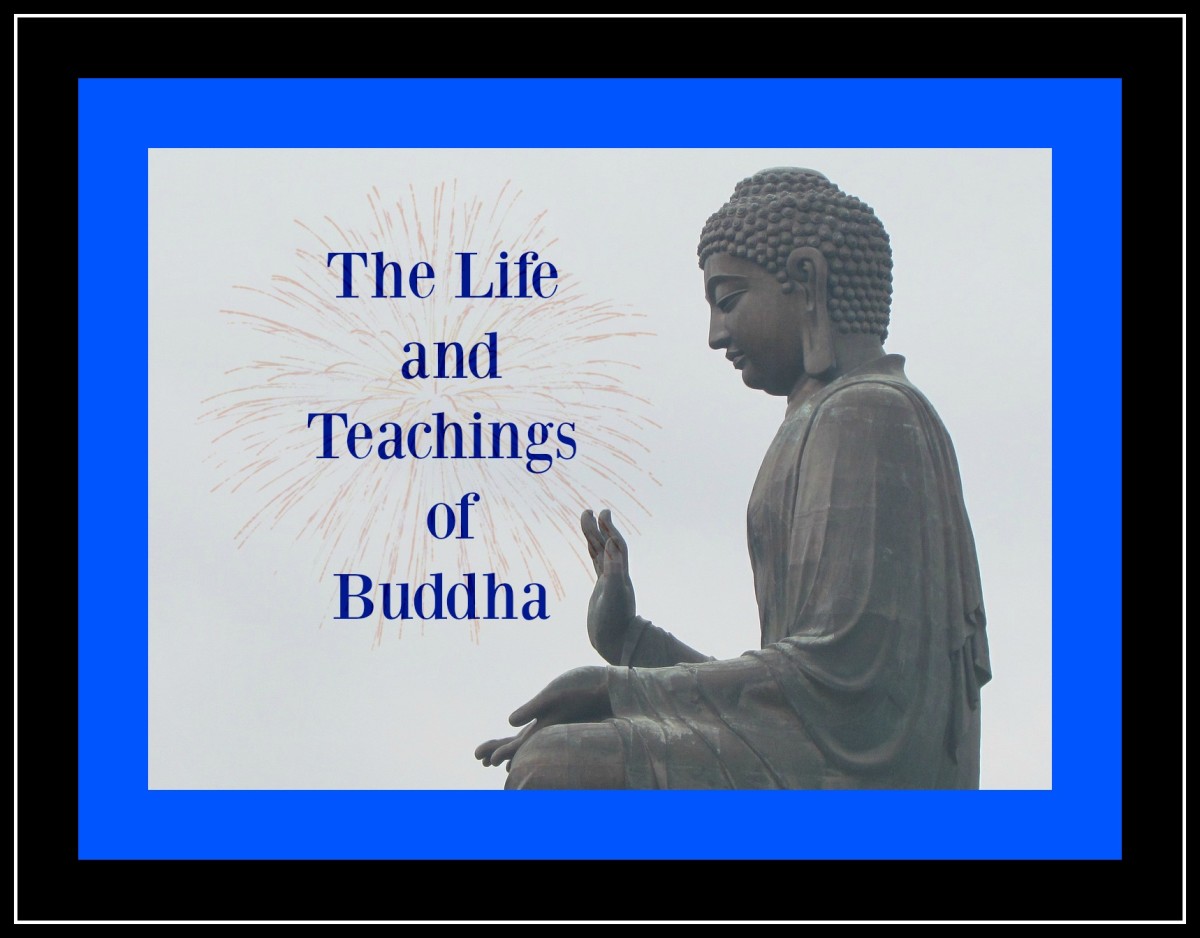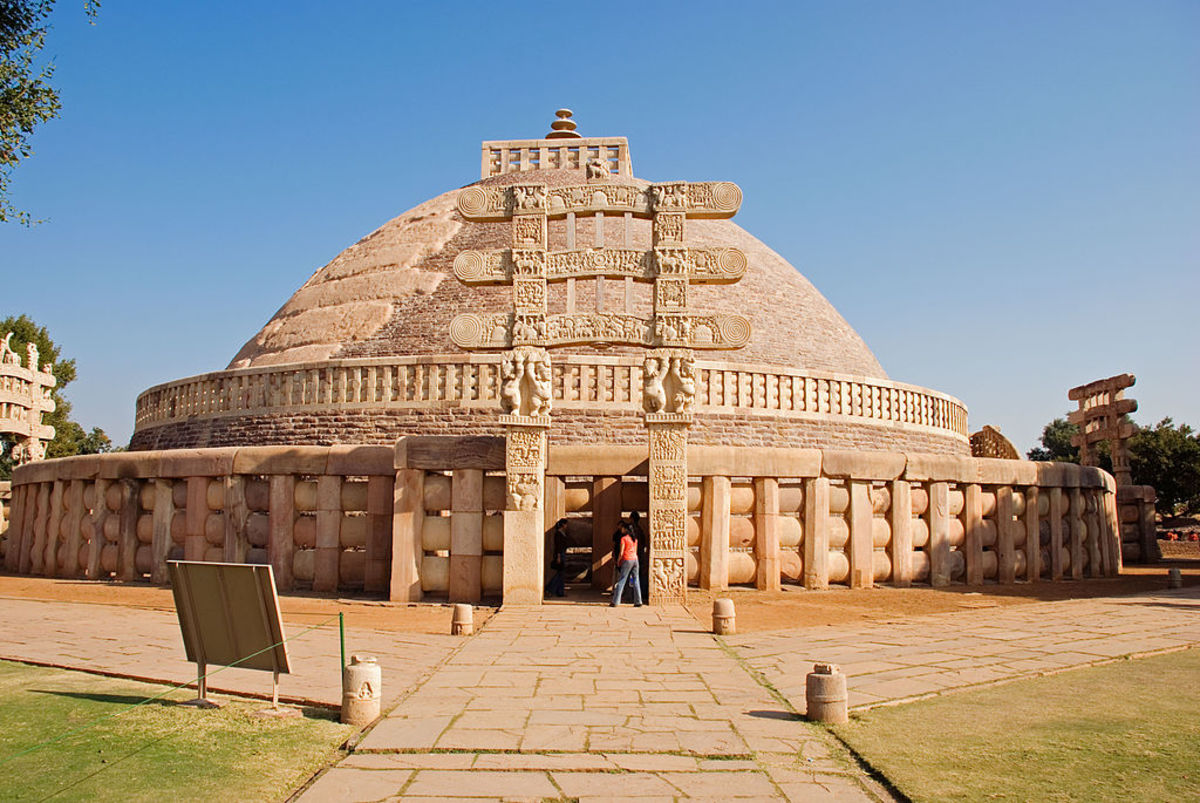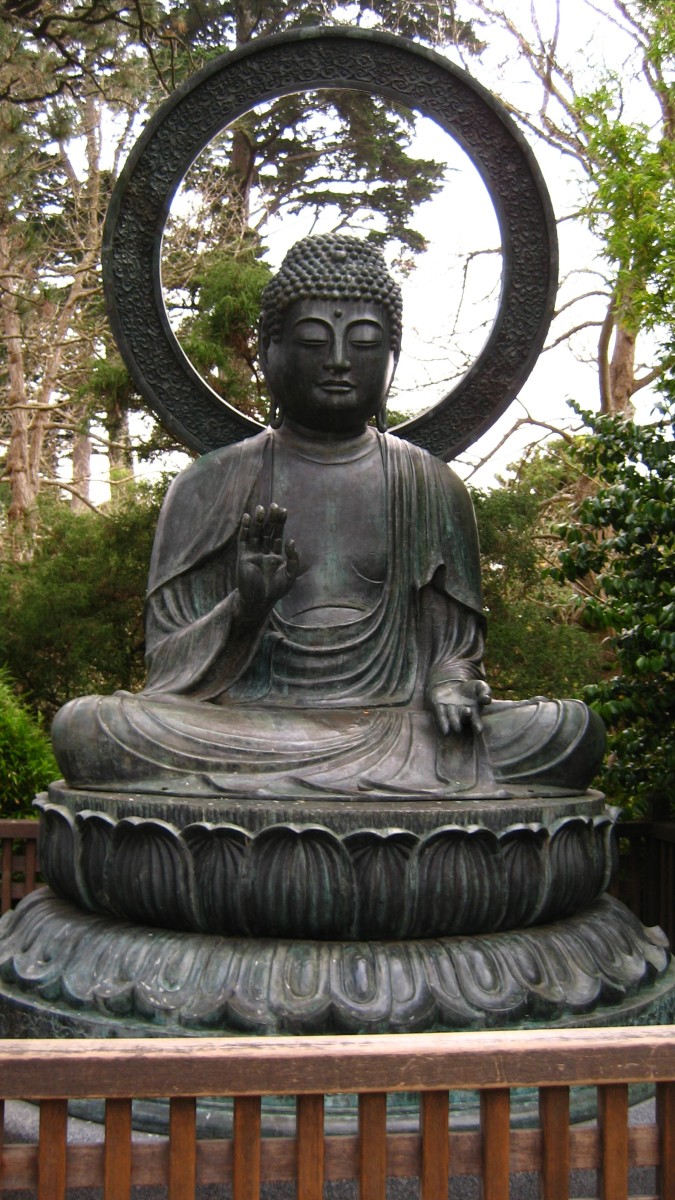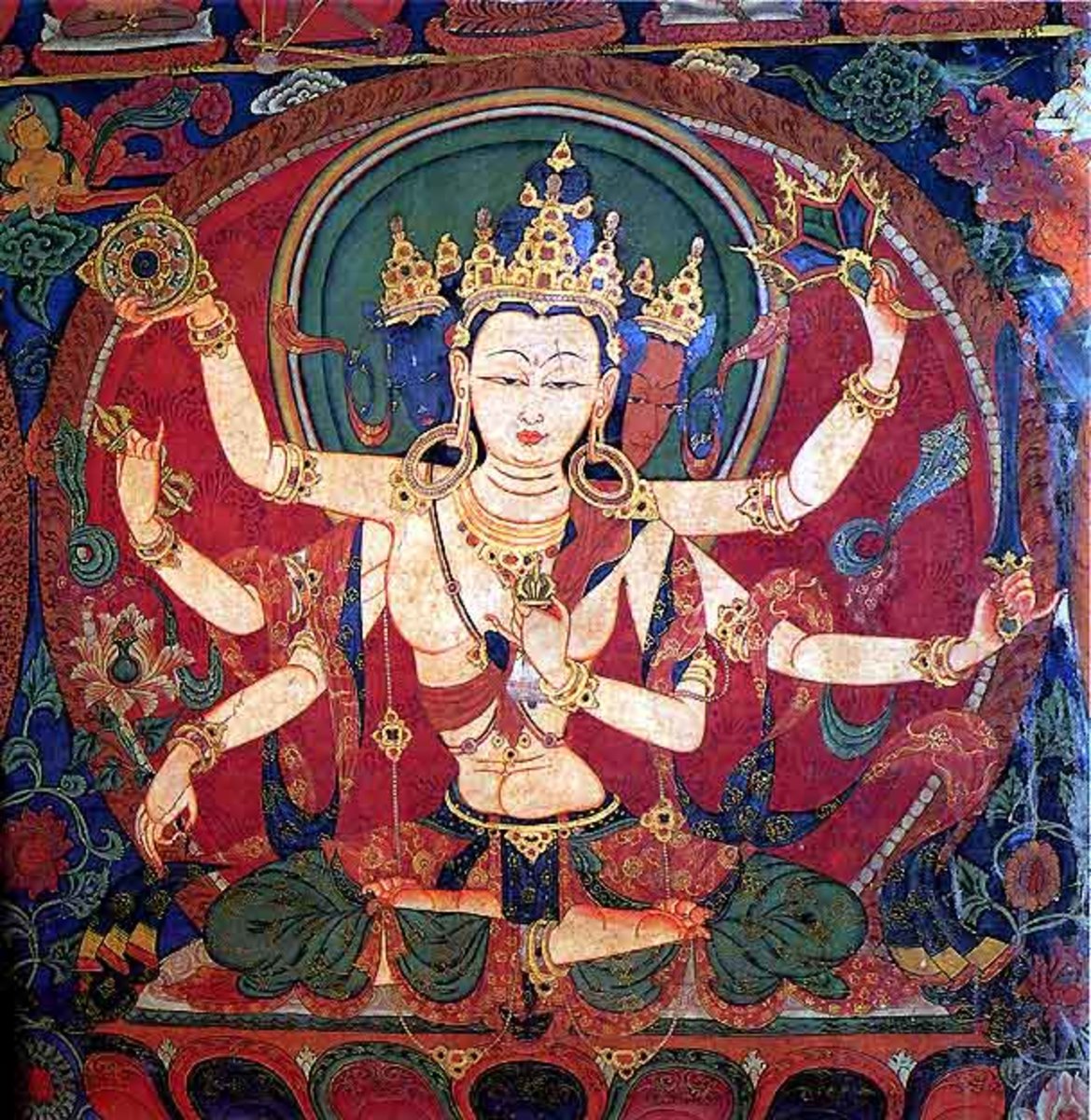A Buddhist Imprimatur?
I thought Imprimatur is something to be found only in the Catholic church -
http://en.wikipedia.org/wiki/Imprimatur
But now, I read at Buddhist Channel -
http://www.buddhistchannel.tv/index.php?id=43,8627,0,0,1,0
- that the four topmost monks of Sri Lanka (strictly speaking, they are not monks but friars, as there community is by no means cloistered), namely the Mahanayaka Theras of the Malwatta and Asgiriya chapters of the Siyam Nikaya, and those of the Amarapura and Ramanya Nikayas, are worried that some books about Buddhism are giving a distorted picture of the Buddha's life and teaching, and that they have written a joint memorandum to the President of the Democratic Socialist Republic of Sri Lanka (a name the country has had since 1972, whether the government has been Socialist or Anti-Socialist) to set up a Board of both friars and laymen, to approve books pertaining to Buddhism.
They say that "books published recently had distorted the life of the Buddha, his doctrine and the life and times of Buddha and Buddhism".
The problem is a reality, and not only about "books published recently". Whether the means is efficient is a different matter.
It is not clear whether the board should just give a special seal to books approved, or whether it should prohibit the publication of other books.
In the first case, it would in a way be re-inventing the wheel; some publishers, such as the Buddhist Publication Society in Kandy -
- already make such a scrutiny of all books they publish.
In the second case:
1. It would not be technically possible, as nowadays anyone with an Internet connection can publish any book, e. g. through Lulu -
http://stores.lulu.com/gunnargallmo
- and anyhow, the Sri Lankan government has no jurisdiction outside the territory of their own country.
2. It would not be compatible with the Buddhist ideal of free enquiry.
3. It would probably be counter-productive. The Catholic Church once had a List of Prohibited Books -
http://en.wikipedia.org/wiki/Index_Librorum_Prohibitorum
- but they hade to give it up; putting a book in the list just made the Catholics want to read it:
http://en.wikipedia.org/wiki/List_of_authors_and_works_on_the_Index_Librorum_Prohibitorum
4. It is doubtful whether such a board would have the necessary qualifications. The Sri Lankan republic definitively doesn't - Sri Lanka is a death penalty country, and a death penalty country is by definition not a Buddhist country. (The death penalty in the neighbouring country of Thailand is a reason why king Bhumibol should not be regarded as a Buddhist king, as I wrote about in an earlier hub -
http://hubpages.com/hub/Buddhist-king-is-violating-Buddhist-ethics )
And there is another ethical problem:
Of the three Nikayas of the Sri Lankan monastic community, the biggest one - the Siyam Nikaya - admits ordination of high caste candidates only. They once started this practice by royal order, and this is a reason why the two other Nikayas were founded.
But Sri Lankan monarchy is no more, and the order has no legal validity today.
Still, the Siyam Nikaya have continued a practice that is a mockery of Buddhist ethics. Buddhism does not accept the caste system, and the Buddha emphatically refused to distinguish between people who happened to be born into different castes.
So how could a representative of the Siyam Nikaya decide whether a book is in accordance with original Buddhism or not?
4. The problem is real. Distortions of Buddhism have been presented both by honest foes, such as Christian missionaries, and by doubtful friends, such as Theosophists, who are positive to Buddhism but doesn't really know what it is all about.
But the problem is much, much older than that.
What should we do, for example, with the Mahavamsa?
This chronicle -
http://en.wikipedia.org/wiki/Mahavamsa
- was written in late antiquity or early medieval times in Pali, the language of the oldest Buddhist canonical texts, the Tipitaka, and it may have been written by Buddhist friars.
But is it a Buddhist text?
Hardly. It advocates ideas quite opposite to the ethics presented in the Tipitaka, such as permitting the killing of human beings if they are not Buddhists, and it has a xenophobic attitude to the Tamil minority in Sri Lanka, without any basis whatsoever in original Buddhism.
So it definitely has distorted the Buddha's doctrine.
But it is highly venerated by many Sri Lankans, and it is not politically correct to say anything negative about it.
Which would put the board in a dilemma. If they accept the Mahavamsa as a Buddhist text, they distort Buddhism themselves; and if they don't, their government won't like it.
I think it is always a mistake to let a government have a say in religious or philosophical matters. Governments want power, and the Buddha himself found out that power and wisdom won't mix. He himself had had to choose between them.








